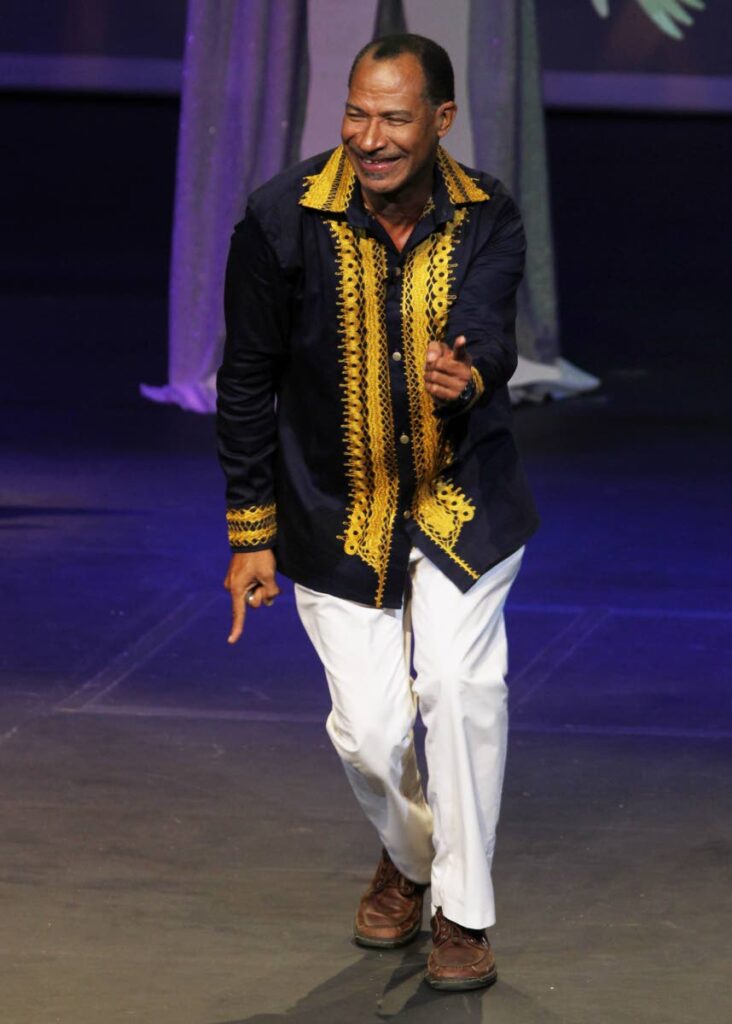Misinformation and fake news

MIGUEL BROWNE
DESPITE THE fact that we live in an era where information is available at the mere click of a button, we are nevertheless bombarded by misinformation and fake news on a daily basis via print and social media.
In many instances such misinformation is the end result of woefully inadequate research in an attempt by reporters to get a news scoop in the face of exceedingly tight deadlines.
In other instances, the misinformation constitutes a deliberate attempt to mislead the public in keeping with the unfortunate national pastime of deflecting any blame for the issue at hand.
Two recent examples of such which left me totally stupefied and bewildered will suffice. The first example is an article in the Trinidad Guardian on September 9, titled “Five places named after the title of Queen.” In the article which carried no byline the reporter identified institutions, places and streets (Queen’s Park Oval, Queen’s Park Savannah, Queen’s Hall, Queen’s Royal College and Queen Street) which he or she boldly asserted were named after Queen Elizabeth II who had died the day before.
In truth and fact, all the said places with the exception of Queen's Hall could not have been named after Queen Elizabeth II since they were established in the 19th century long before Elizabeth was born, far less her ascension to the British throne in 1952.
Queen’s Royal College (1859), Queen’s Park Oval (1896), Queen’s Park Savannah (1838) were all named after Queen Victoria. Queen Victoria was previously the longest serving British monarch of 63 years (1838-1901) until Queen Elizabeth II eclipsed that record by her long reign of 70 years.
The fact that the reporter accurately cited the dates for the establishment of these places makes the mistake unpardonable.
To compound the issue, the editor, who is ultimately responsible for what appears in the newspaper, did not make the patently obvious mismatch between the dates cited and Queen Elizabeth’s actual tenure as British monarch. Moreover, both the reporter and editor failed to recognise the Princess Elizabeth Centre, which in fact was named after Queen Elizabeth before she ascended the British throne.
The simplistic methodology of only looking for place names which began with the title “Queen” was the root cause of this glaring omission and speaks volumes about the research methods of reporters.
The second example of misinformation surrounds the statements made by our highly esteemed Attorney General at a press conference on September 7, which was reported in the three daily newspapers the next day.
In response to questions posed to him surrounding complaints by Jerome Lynch KC (chairman of the commission of enquiry into the Paria tragedy of February) about a lack of basic resources and equipment, the AG was reported to have said, “I am not looking into it…the commission of enquiry is appointed by the President so I suggest that you address your questions to the Office of the President.”
To reinforce the misinformation, the AG further stated, “I am not about to disavow my responsibilities as AG. One of the things that persons should appreciate is that these commissions are appointed by the President under the Commission of Enquiry Act.”
If I had not heard the AG utter these words myself on a news clip the night before, I would have sworn that the AG had been misquoted by media houses. Was the eminent AG, who is obviously more versed in legal matters than the average man on the street, telling the nation that our head of state has more power than our Republican Constitution ascribes to the office?
In appointing any commission, the President can only do so on the advice of the Prime Minister. How can the Office of the President, therefore, be responsible for the financing of any commission of enquiry which the PM advised her to appoint in the first place?
If the AG’s pronouncement was in fact accurate, then by extension the President could hire and fire ministers at will when the Office of the President is dissatisfied with their performance. Even the weakest and dullest history or social studies student in our secondary schools could recognise that the AG’s pronouncement was highly inaccurate and so exceedingly misleading. Thank God the Office of the President immediately clarified the issue in the hope that the more gullible sections of our society would not be misled any further than they have been in the past.
These two simple examples point to a greater need for both reporters and politicians to be more cautious about what they say or write in the public domain. Newspaper editors have to be more vigilant in their editing while politicians, particularly the intelligent ones, must realise that not everyone is foolish. Failure to do such will ultimately result in a multiplicity of inaccurate narratives which, because they are repeated ad nauseam, become the gospel among some sections of our population.
Our cup already runneth over with such narratives to the extent that the entire population could die within seconds as a result of continued intake of the lethal doses administered on an almost daily basis by the two main political parties.
Miguel Browne is retired history teacher


Comments
"Misinformation and fake news"